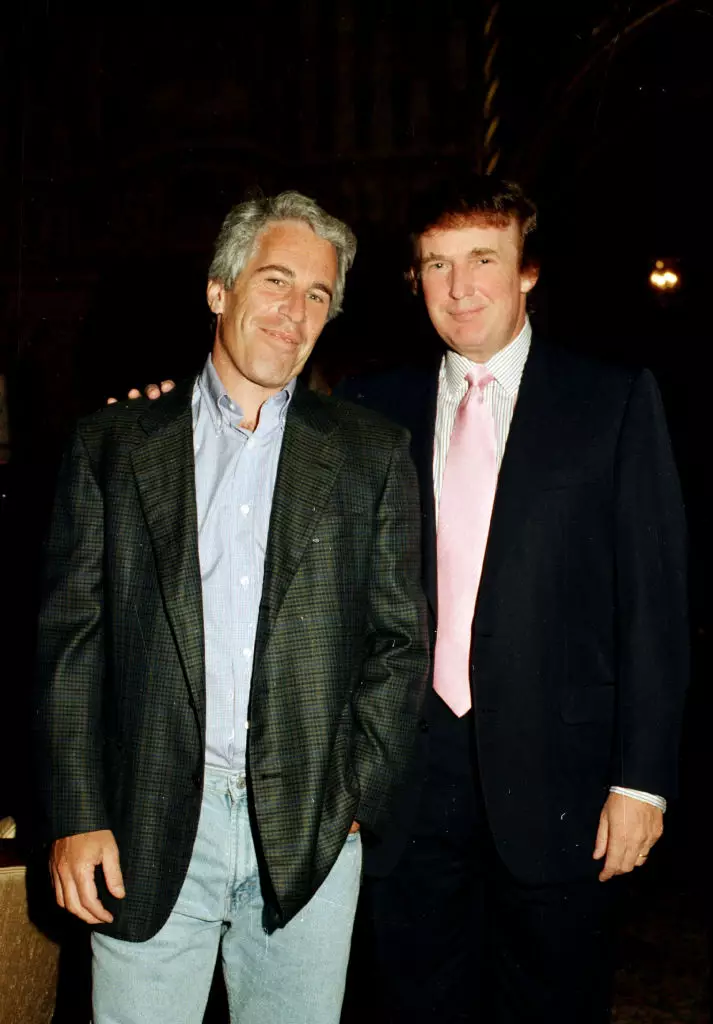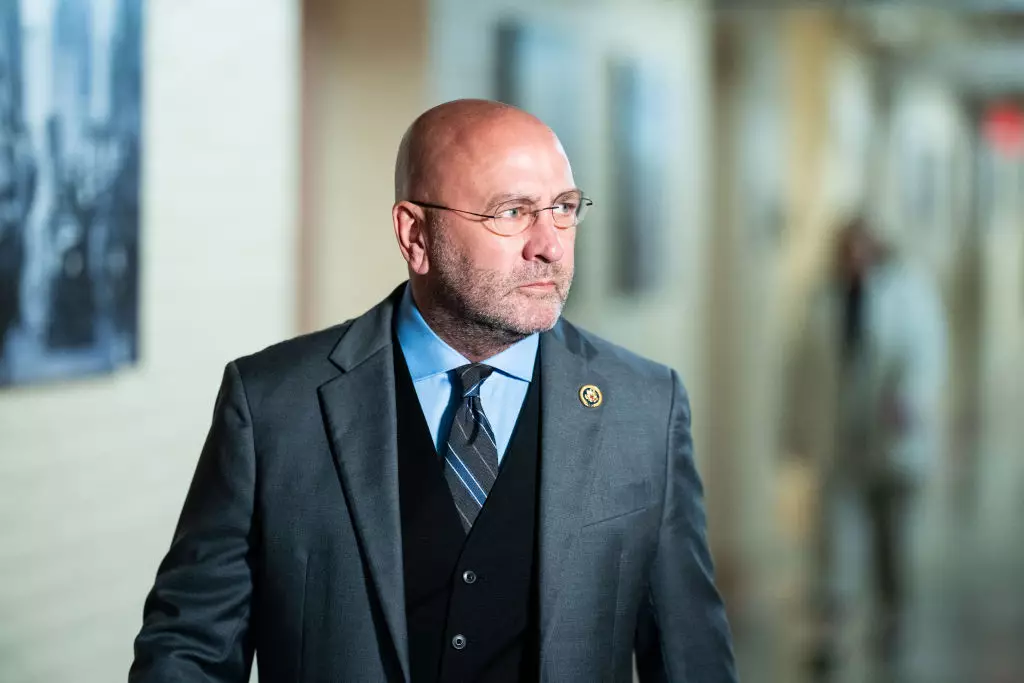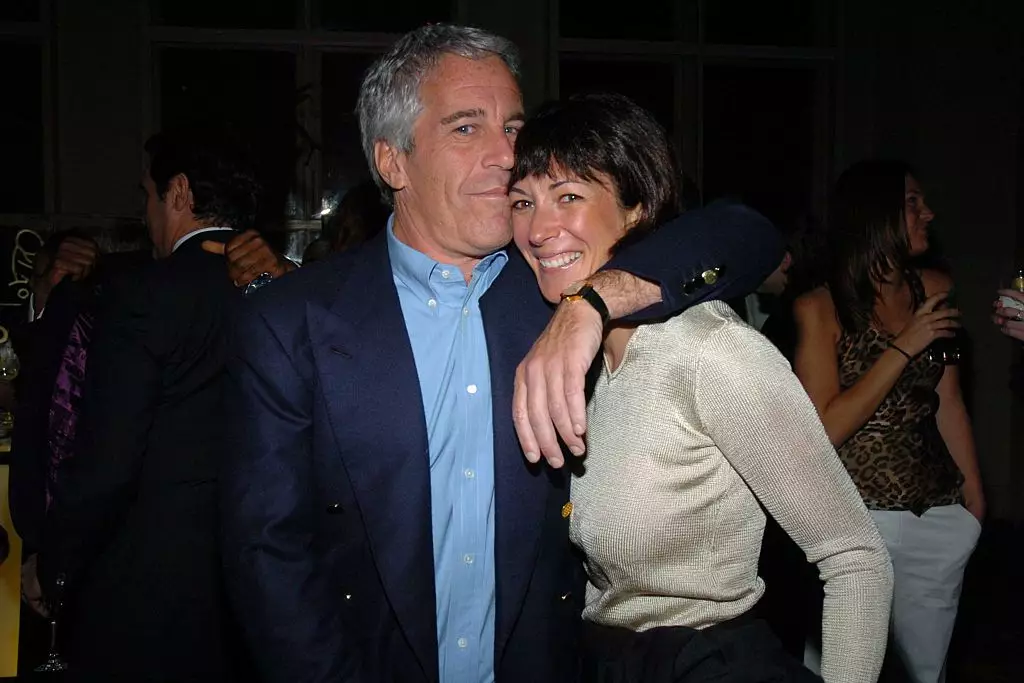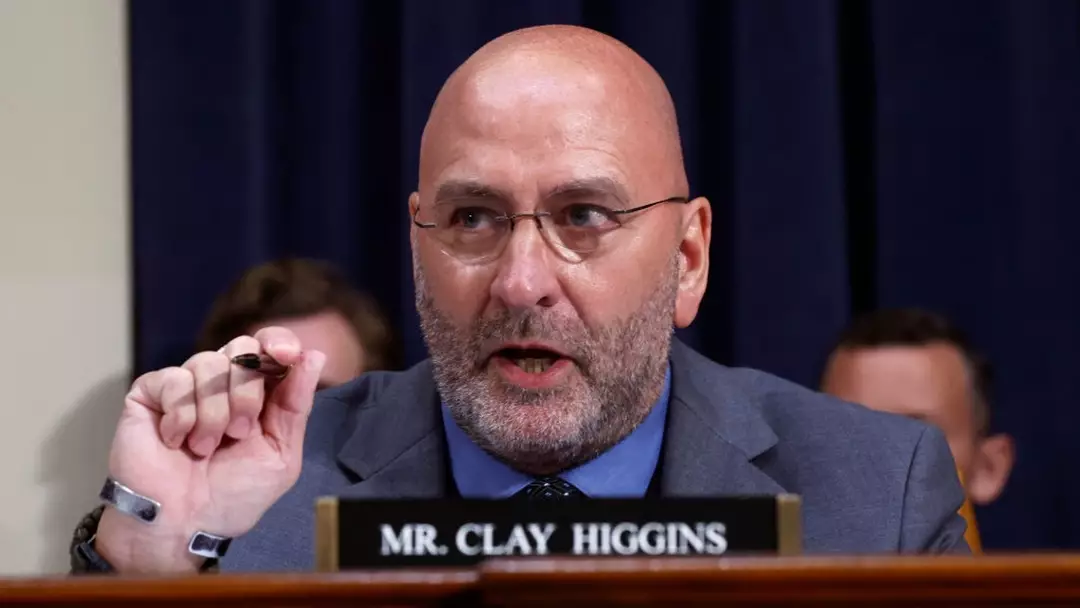The only US Representative who voted against releasing the Epstein files has stated one condition that would make him reconsider his decision.
Republican Representative Clay Higgins was initially against the Department of Justice (DOJ) releasing documents related to the investigation of Jeffrey Epstein, a convicted pedophile.
The files have been a source of controversy in US politics. The wealthy financier died by suicide in his Manhattan jail cell in August 2019 while awaiting trial on sex trafficking charges.
Since then, documents related to Epstein have been made public, including emails from him to various individuals like Ghislaine Maxwell and author Michael Wolff, with references to President Donald Trump in some of those emails.
Trump neither received nor sent any of these emails and has not been accused of any misconduct. He has consistently denied having any knowledge of Epstein’s criminal activities.

Following the release of the emails, Trump dismissed them as a ‘hoax’, with White House Press Secretary Karoline Leavitt accusing Democrats of using them ‘to create a fake narrative to smear President Trump’.
A vote was announced in the House of Representatives to release the files in full, with Trump seemingly reversing his previous stance by urging Representatives to support the release of the files currently held by the DOJ.
On Tuesday (November 18), a significant development occurred as Congress voted overwhelmingly in favor of making the files public.
The House of Representatives voted 427 to one in favor of the Epstein Files Transparency Act (EFTA), marking a significant decision. The Senate also unanimously approved the bill, leaving it to Trump to sign it into law, which he has indicated he will do.

Higgins, a fervent supporter of Trump and representative of Louisiana’s 3rd District, took to X to explain why he has opposed the EFTA from the start.
He argued that the bill ‘abandons 250 years of criminal justice procedure in America.’
According to Higgins, ‘as written,’ the bill ‘reveals and injures thousands of innocent people – witnesses, people who provided alibis, family members, etc.’
“If enacted in its current form, this type of broad reveal of criminal investigative files, released to a rabid media, will absolutely result in innocent people being hurt,” he stated.
“Not by my vote.”
Explaining the one condition that could change his vote, although it doesn’t matter now, he said: “If the Senate amends the bill to properly address privacy of victims and other Americans, who are named but not criminally implicated, then I will vote for that bill when it comes back to the House.”
A community note on his post provided additional context.
It stated: “Rep. Higgins’ claim misrepresents H.R.4405. The bill includes redactions for victims & uninvolved individuals.
“[Representative Thomas] Massie explained victims can’t release names due to lawsuits forcing them into homelessness, and the petition was not yet eligible three months ago.”

The EFTA mandates Attorney General Pam Bondi to release ‘all unclassified records, documents, communications, and investigative materials’ pertaining to Epstein and Maxwell no later than 30 days after the law is enacted.
These documents are expected to include flight logs, internal justice department communications, and will identify individuals connected to Epstein.
However, there are some obstacles before they can be released.
One such obstacle is that the bill grants Bondi the authority to withhold information that could jeopardize any active federal investigation or identify any victims.
In a Truth Social post before the Senate’s vote on Tuesday (November 18), Trump stated he ‘didn’t care’ when the Senate passed the bill, ‘whether tonight, or at some other time in the near future’.
He added: “I just don’t want Republicans to take their eyes off all of the Victories that we’ve had,” before listing ‘achievements’ such as ‘the Great Big Beautiful Bill,’ ‘ending DEI,’ ‘stopping EIGHT wars’ and ‘being RESPECTED by every Country in the World,’ among others.

